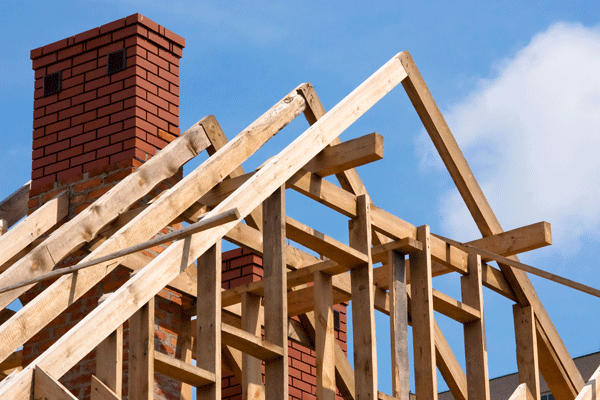With the exception of the signing of a job creator bill streamlining some infrastructure development, 2015 was quiet on most California Environmental Quality Act (CEQA) matters. Also, there was positive movement on housing affordability and a start to reforming the state surface mining and reclamation law.
 CEQA
CEQA
The year was a relatively light one with respect to CEQA reform, in part because the California Supreme Court has a significant docket of CEQA cases that will be decided later this year and into next. Before taking action to expand or reform CEQA, both sides appear to be waiting on the results of those cases.
The most significant CEQA bill, SB 122 (Jackson; D-Santa Barbara), before it was amended, would have made the CEQA process even more lengthy by mandating an additional comment period for every project that required an environmental impact report. After that language was removed, the CalChamber removed its opposition.
SB 122 did not get out of the Assembly Appropriations Committee, but will likely return in the same form next year.
AB 323 (Olsen; R-Modesto), a CalChamber job creator, streamlines infrastructure development by extending the current CEQA exemption for certain roadway repair and maintenance projects. The Governor signed the bill into law.
Other CalChamber supported CEQA legislation that did not make it through the legislative process included AB 641 (Mayes; R-Yucca Valley), which would have streamlined the CEQA process for housing projects, as well as AB 311 (Gallagher; R-Yuba City) and SB 127 (Vidak; R-Hanford), which each would have streamlined water infrastructure development by creating an expedited CEQA review process for projects funded in whole or in part by the Water Quality, Supply and Infrastructure Improvement Act of 2014.
 Surface Mining/Reclamation
Surface Mining/Reclamation
Responding to the Governor’s calls for comprehensive reforms to the Surface Mining and Reclamation Act (SMARA), Assembly Member Adam Gray (D-Merced) introduced AB 1142, a CalChamber-supported bill that would have strengthened SMARA by promoting better communication between government agencies and mining operators.
The bill would have ensured that mines are inspected by qualified professionals, and would have further clarified due dates for various compliance requirements.
Due to last-minute issues coordinating provisions with another SMARA bill, AB 1142 was not voted upon on the floor of the second house; however, the CalChamber fully expects the bill to be revived early next year.
 Housing and Land Use
Housing and Land Use
The CalChamber supported three bills seeking to expand affordable housing opportunities:
• AB 35 (Chiu; D-San Francisco), a CalChamber job creator, would have promoted affordable housing by expanding the existing low-income housing tax credit program, making the state better able to leverage an estimated $100 million more in federal tax credits.
The Governor vetoed this bill, noting that he was hesitant to expand an existing tax credit just when the state is on the road to economic recovery.
• AB 90 (Chau; D-Monterey Park) will designate the California Department of Housing and Community Development (HCD) as the state agency responsible for administering funds received from the federal Housing Trust Fund.
The bill, signed by the Governor, will provide the framework for HCD to ensure that monies are utilized for their intended purposes—helping close the gap between the supply and demand of affordable housing.
• AB 1056 (Atkins; D-San Diego) will promote a reduction of recidivism by providing rental housing assistance to formerly incarcerated individuals by using savings accumulated as a result of Proposition 47. The Governor signed this bill into law.

